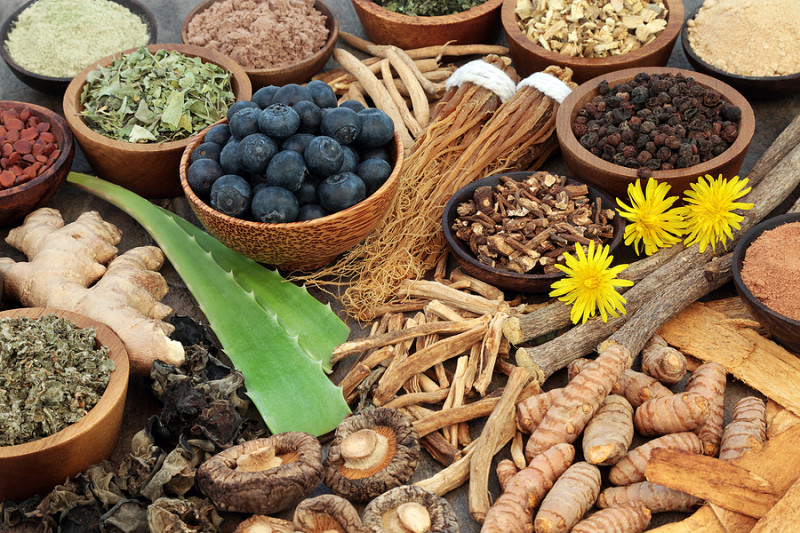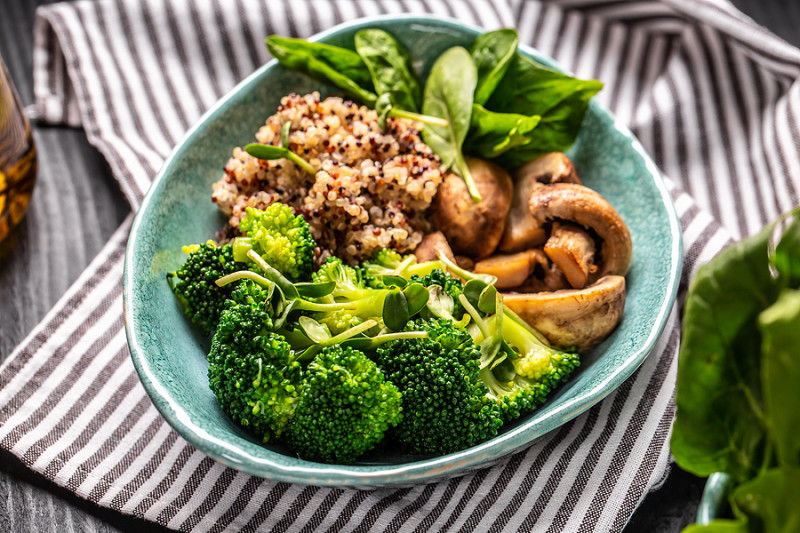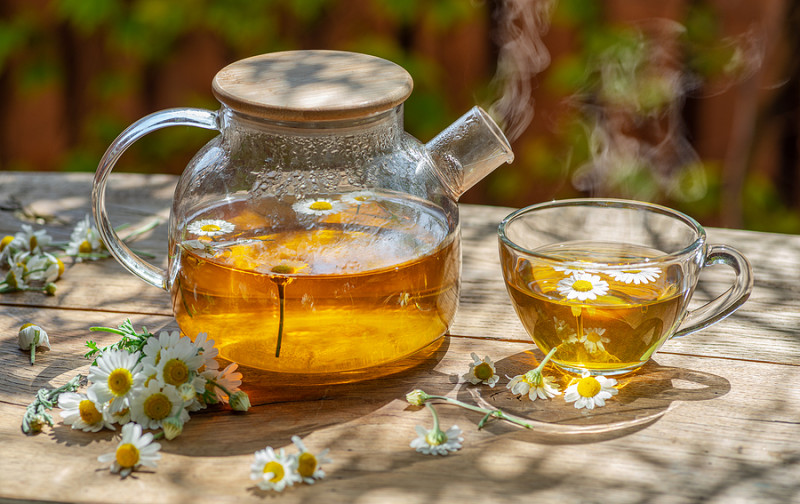Which foods can help induce calmness?
The word ‘calmness’ can be defined as ‘the state or quality of being free from agitation or strong emotion’. By that definition, calmness is generally something that we would all ideally aspire, but in the last year with all the challenges we have faced, inner calmness is getting harder and harder to achieve. In fact, for most of us right now, as the pandemic continues most people would agree that we are mostly experiencing anything but inner calm and experiencing more the direct opposite, which is being unsettled, stressed, troubled, restless, anxious and agitated. All these latter adjectives are not a state we want to be in and are certainly not good for either our physical or mental health.
Suffering and experiencing these types of negative feelings such as stress, agitation and restlessness, causes a variety of biological responses in the body. These include increasing blood pressure, raised blood sugar levels, raised stress hormone levels of cortisol and adrenaline as well as a faster heart rate, none of which have a positive effect on our health. However there are foods that can actually help promote calmness, so if you are currently seeking more calm and less chaos in your life, then try adding the following foods, botanicals and herbs to your daily menu.

Rhodiola rosea:
This may not be something we can buy at the supermarket in its fresh form, but this perennial flowering plant has a long history of been used for its medicinal properties, in particular its use to help reduce stress and fatigue and improve low mood. Although it is native to the cold and mountainous regions of Europe and Asia, it is commonly found in many over the counter supplements aimed at improving those health areas mentioned above. There is good science backing to support this plants use in these health areas, especially as researchers have shown it to be what is called an adaptogen. An adaptogen is something that helps make you less susceptible to both physical and emotional stressors whatever their origin, for example they could originate from physical, biological or chemical means. Although more research is needed to understand exactly how this little plant elicits such a powerful health benefit, it has been shown in some research to stimulate neurotransmitters (chemical messengers within the body) such as dopamine and serotonin, which have a direct impact on our mood and physical and mental wellbeing.

Mushrooms and Broccoli
These two foods are a great source of Vitamin B5, also known as Pantothenic acid. This B vitamin helps to support the action of the adrenal glands as well as contribute to the production of anti-stress hormones and therefore its presence in our diet is vital for managing our stress levels. Stress actually depletes the body of Vitamin B5, so it is important to replace what is lost by consuming foods that are high in this vitamin such as shitake mushrooms, salmon, avocadoes, broccoli sunflower seeds and sundried tomatoes all of which can be easily incorporated into snacks or meals. Some studies also show that vitamin B5 can ‘down-regulate’ excess production of cortisol so can help control this stress hormone even at times of stress, which of course will help promote feelings of calmness.

Chamomile
This herb is one of the most well-known herbs especially for its calming effects and is also one of the most ancient herbs with its use in medicine dating back thousands of years. It is the flowers of this herb that are used for eliciting health properties, one of which is its effect as a sedative or relaxing agent. This is why it is often recommended to drink chamomile tea before bedtime or at times of stress and anxiety. One recent study showed that long-term use of chamomile extract significantly reduced symptoms of generalised anxiety disorder. As a slight side line to calmness, if you suffer with skin symptoms or are one of the many people who have started suffering with bad skin on the face caused by mask wearing, then chamomile is also your friend. Several studies have shown that topical use of chamomile creams can have equal or superior effects to topical steroid and non-steroidal anti-inflammatory medications that are often prescribed in eczema and dermatitis cases. Chamomile has excellent soothing properties so give it a try on your skin if you are suffering.
By introducing some of the suggestions above into your diet, you can help make your own world a little calmer, even if the wider world remains a place of stress, chaos and uncertainty.
References:
- The Effects of Rhodiola rosea L. Extract on Anxiety, Stress, Cognition and Other Mood Symptoms, 2015. Phytotherapy Research
- Stress management and the role of Rhodiola rosea: a review, 2018. International Journal of Psychiatry In Clinical Practice
- Tryptophan hydroxylase-2: An emerging therapeutic target for stress disorders, 2013. Biochemical Pharmacology
- The role of adenosine receptors in mood and anxiety disorders, 2019. Journal of Neurochemistry
- Chamomile: A herbal medicine of the past with bright future, 2010. Molecular Medicine Report